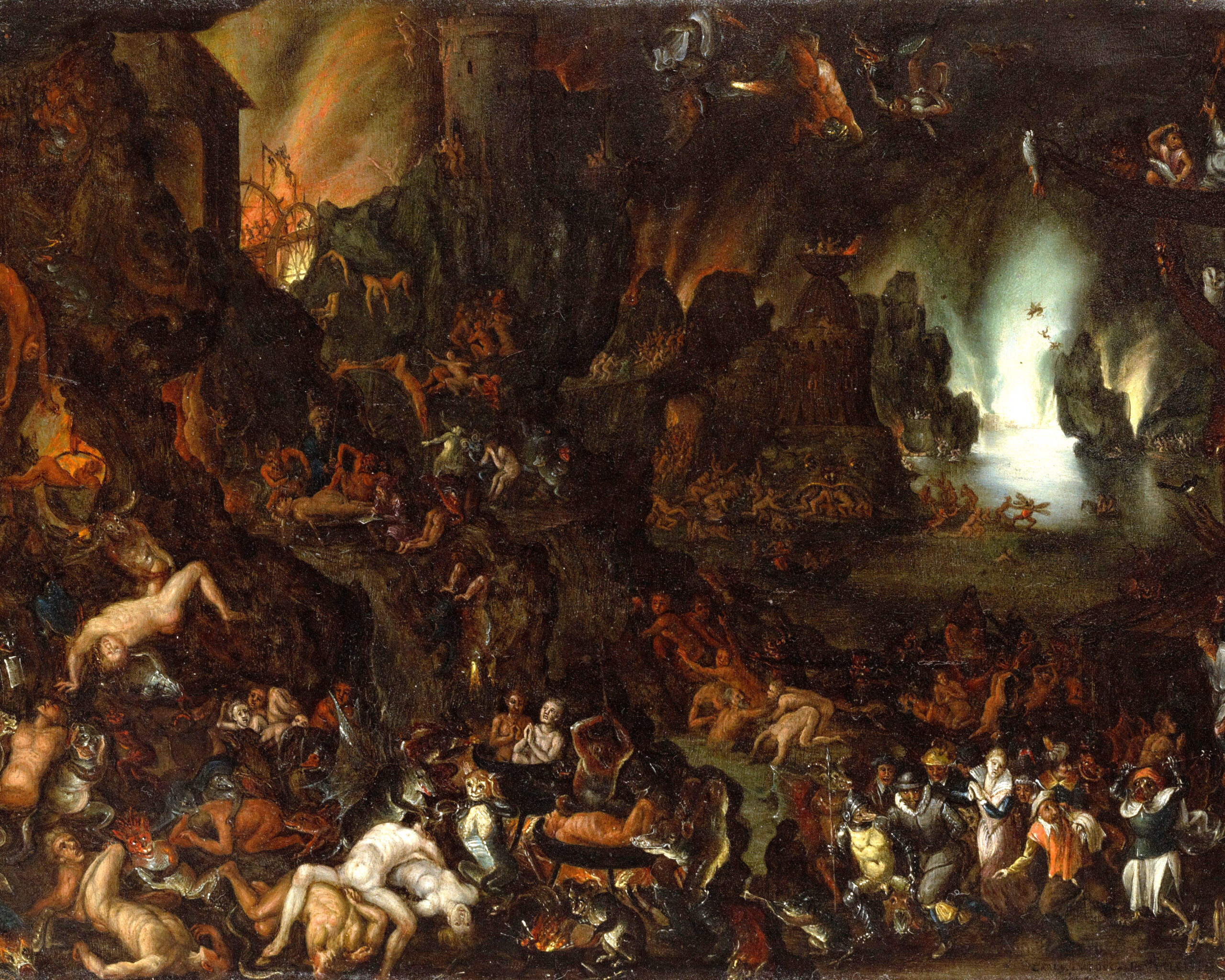The daily practice of examining our conscience is very valuable in our advancement in the spiritual life. The following excerpt was taken from Saint Ignatius of Loyola’s, The Spiritual Exercises, and walks readers through a method of examination as well as practical guidance to making it well.
Method of Particular Examination
THERE are two kinds of examination (or examen): general and particular. The object of the first is to discover all the faults we have committed. The second or particular examination has for its object one single fault or bad habit that we have resolved to correct. It is made every day in the following manner:
- In the morning, on rising, resolve to avoid this sin or defect.
- Toward noon, ask of God the grace to remember how often you have fallen into it and to avoid it for the future. Then examine, thinking over the time passed since your rising to this time, the number of faults committed, marking them by so many points in the first line of a figure like the following:
Days of the week
1st day ____________________________________________
2nd day _____________________________________
3rd day ______________________________
4th day ________________________
5th day ___________________
6th day _____________
7th day _______
This done, renew your resolutions for the rest of the day.
3. In the evening, after supper, a new examination like the first, marking the faults on the second line.
OBSERVATIONS
1. At each fault against the resolutions you have taken, put your hand on your heart and repent of your fall. This may be done without being perceived.
2. At night, count the points of the two examinations, and see if from the first to the second you have made any amendment.
3. Compare in the same way the day or the week that is ending with the preceding day or week. The lines diminish in length because it is reasonable to expect that the number of the faults should likewise diminish.
4. The subject of the particular examination should be ordinarily the predominant passion—that is, the one that is the source of the greater number of faults that you commit and that consequently is the great obstacle to your sanctification.
5. This examination on the predominant passion should be continued until it is entirely overcome, or at least notably weakened.
Advice for General Examination of Conscience
SINS OF THOUGHT
IT may be admitted as a principle that there arise in man three sorts of thoughts, of which one comes of itself, and the other two from the good and the evil spirit.
A bad thought, which if consented to would become a mortal sin, may be an occasion of merit—(1) when the thought, as soon as it presents itself, is resisted or banished; (2) when the thought repelled, once or several times, returns soon afterward but is constantly resisted until vanquished: and this second victory is much more meritorious than the first. That person sins venially who dwells a little on the thought, as if he listened to it, or who takes a slight pleasure in what flatters the senses or is negligent in repelling it.
Mortal sin is committed by thought, first, when the thought is consented to; and second, when the thought is acted upon, which is a more grievous sin: (1) because it is entertained longer; (2) because we give ourselves up to it more ardently; (3) because we generally injure others by scandalizing them.
SINS OF WORD
There are many ways of offending God by words; for example, by swearing and blaspheming. We must not swear by the Creator, nor by any creature, except with these three conditions—truth, necessity, respect. By necessity is understood the obligation of confirming with an oath, not all sorts of truths, but only those that tend to procure a considerable good, spiritual or temporal. That person swears with respect, who, in pronouncing the name of God, renders Him the honor that is due to Him.
To swear by the Creator rashly and in vain is a greater sin than to swear by the creature. Yet it is easier to observe the required conditions in swearing by the Creator than swearing by created things: (1) because in swearing by the latter we take less care as to the truth and the necessity; (2) because we think less of the respect due to God in calling His works to witness than in uttering His holy name. All idle words must be avoided, that is, such as are useful neither to the speaker nor to others and that are not said with any intention of being useful. But we must not consider those words idle that of themselves tend to the spiritual good of our souls or those of our neighbors or to a temporal good or interest or that refer to it in the intention of the speaker, although he may be speaking of things foreign to his state—as if, for instance, a monk should speak of trade or war, and so on. To speak with a good intention is a merit; to speak uselessly or to a bad end is a sin.
The most common sins of the tongue are lying, false testimony and detraction. As to this last, it is a mortal sin to make known a serious fault that is not public, if done with a bad intention or with notable prejudice to our neighbor’s reputation. If the fault revealed be less serious, the sin is only venial.
If the intention be good, we may speak of our neighbor’s faults, (1) when they are public; (2) when we speak to persons who may probably withdraw them from sin.
Insult, derision and words with suchlike tendency belong also to sins of the tongue.
SINS OF ACTION
All actions by which we transgress the commandments of God or the Church are mortal or venial sins, according to the gravity of the matter and the degree of thought and consent with which they were done.
ooo
This article is taken from a chapter in The Spiritual Exercises of Saint Ignatius by St. Ignatius of Loyola which is available from TAN Books.









